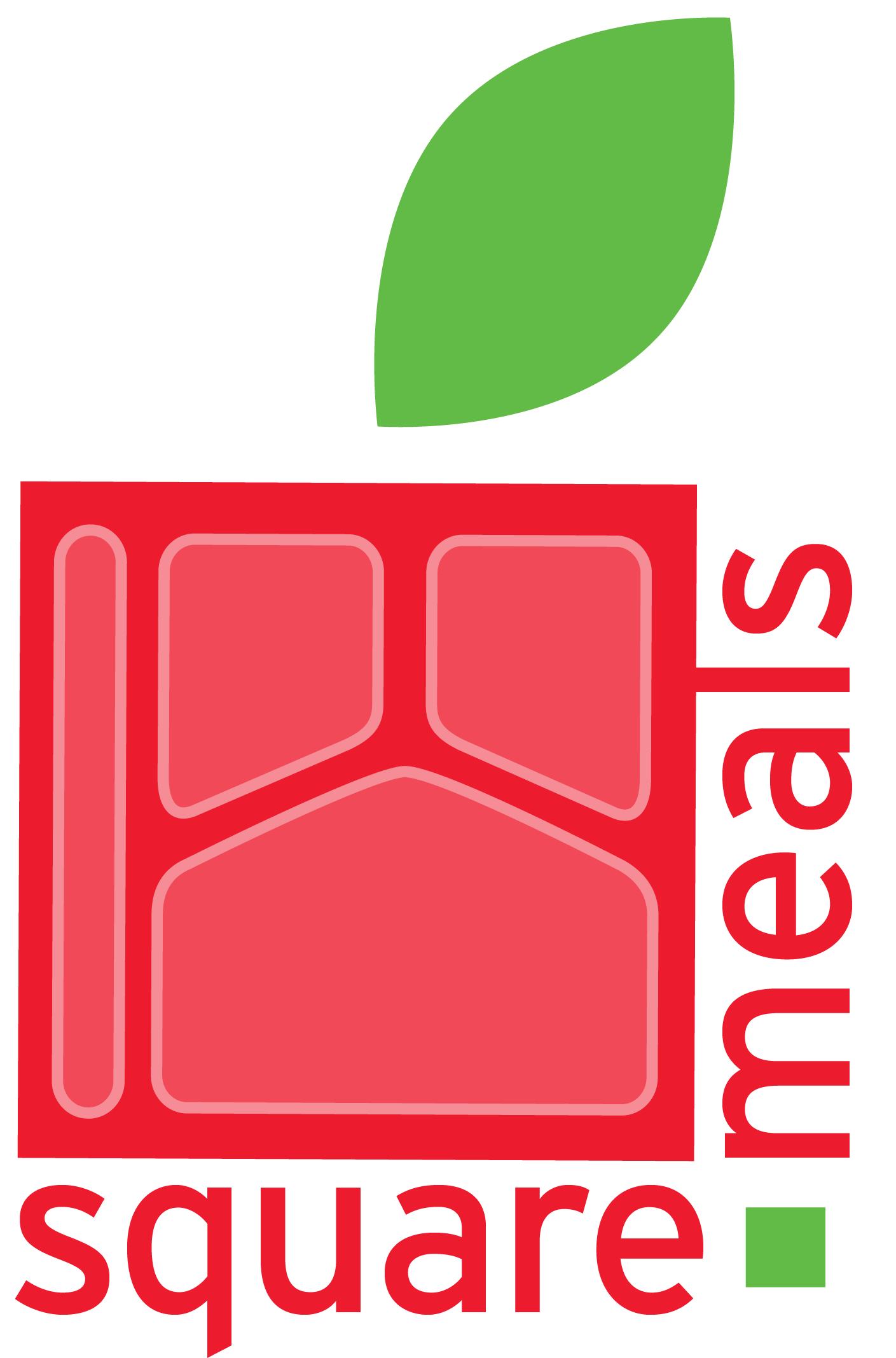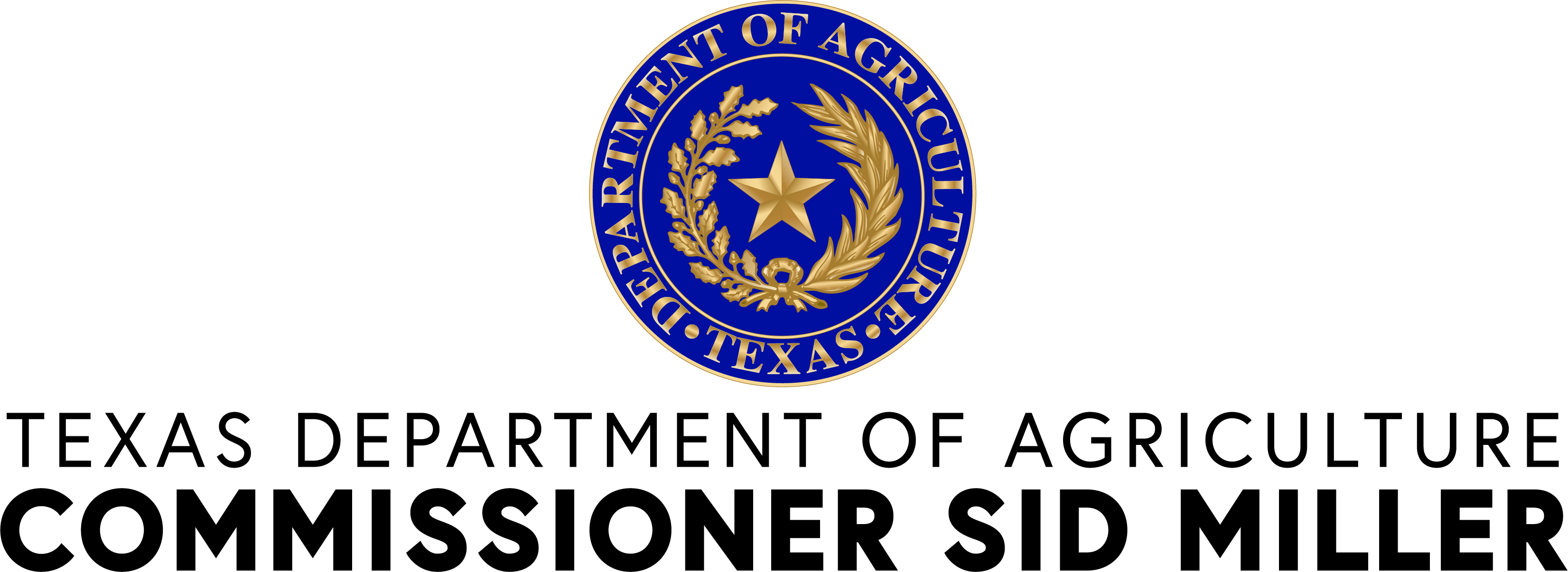| To see News by Program, select from an option below:
|
|
|
|
|
|
|
|
|
|
Latest News for School Nutrition Programs
|
|
Published: 1 years 303 days ago
"
On April 24, USDA released the final and improved nutrition standards for the National School Lunch Program and School Breakfast Program. This rule gradually phases in added sugars limits and includes a single sodium reduction. Schools are not required to make any changes to their menus until school year 2025-2026. USDA has released the following resources to support implementation: https://www.fns.usda.gov/cn/school-nutrition-standards-updates.
"
On April 24, USDA released the final and improved nutrition standards for the National School Lunch Program and School Breakfast Program. This rule gradually phases in added sugars limits and includes a single sodium reduction. Schools are not required to make any changes to their menus until school year 2025-2026.
TDA is working to review the rule in-depth and determine the best path of implementation. TDA will communicate updates to guidance in newsletters, the monthly school calls, and on the Policy page of SquareMeals.org: https://squaremeals.org/Programs/National-School-Lunch-Program/Policy-ARM
Key updates to the nutrition standards include:
Added Sugars
• For the first time, added sugars will be limited in school meals nationwide, with small changes happening by Fall 2025 and full implementation by Fall 2027.
Milk
• Schools can continue to offer flavored and unflavored milk, which provide essential nutrients that children need, such as calcium, vitamin D and potassium. There will be a new limit on added sugars in flavored milk served at breakfast and lunch by Fall 2025.
Sodium
• Schools will need to slightly reduce sodium content in their meals by Fall 2027. In response to public comments, USDA is only requiring one sodium reduction, and not the three incremental reductions that were proposed last year.
Whole Grains
• Current nutrition standards for whole grains will not change. Schools will continue to offer students a variety of nutrient-rich whole grains and have the option to offer some enriched grains to meet students’ cultural and taste preferences.
Supporting Other Food Preferences
• While not a new requirement, starting in Fall 2024 it will be easier for schools to serve protein-rich breakfast foods such as yogurt, tofu, eggs, nuts, and seeds, which can help reduce sugary food options, while also supporting vegetarian diets and other food preferences.
Supporting Local Food Purchases
• Also starting in Fall 2024, schools have the option to require unprocessed agricultural products to be locally grown, raised or caught when making purchases for school meal programs, making it easier for schools to buy local foods.
Buy American
• Additionally, starting in Fall 2025, schools will have limits on the percentage of non-domestic grown and produced foods they can purchase.
For more information about changes made by the final rule, see these USDA resources:
• Overview of Key Updates to School Nutrition Standards: https://www.fns.usda.gov/cn/school-nutrition-standards-updates/final-rule-infographic
• Implementation Timeline for Key Updates to School Nutrition Standards: https://www.fns.usda.gov/cn/school-nutrition-standards-updates/implementation-timeline-infographic
• USDA Webpage: https://www.fns.usda.gov/cn/school-nutrition-standards-updates
###
|
|
|
|
|
|
|
|
|
|
|
Assistance available in English and Spanish. Please call 877-TEX-MEAL (877-839-6325) for help. Additional translations services available as well.
|
|
In accordance with federal civil rights law and U.S. Department of Agriculture (USDA) civil rights regulations and policies, this institution is prohibited from discriminating on the basis of race, color, national origin, sex, disability, age, or reprisal or retaliation for prior civil rights activity.
Program information may be made available in languages other than English. Persons with disabilities who require alternative means of communication to obtain program information (e.g., Braille, large print, audiotape, American Sign Language), should contact the responsible state or local agency that administers the program or USDA’s TARGET Center at (202) 720-2600 (voice and TTY) or contact USDA through the Federal Relay Service at (800) 877-8339.
To file a program discrimination complaint, a Complainant should complete a Form AD-3027, USDA Program Discrimination Complaint Form which can be obtained online at: https://www.usda.gov/sites/default/files/documents/ad-3027.pdf, from any USDA office, by calling (866) 632-9992, or by writing a letter addressed to USDA. The letter must contain the complainant’s name, address, telephone number, and a written description of the alleged discriminatory action in sufficient detail to inform the Assistant Secretary for Civil Rights (ASCR) about the nature and date of an alleged civil rights violation. The completed AD-3027 form or letter must be submitted to USDA by:
|
|
1. Mail:
U.S. Department of Agriculture
Office of the Assistant Secretary for Civil Rights
1400 Independence Avenue, SW
Washington, D.C. 20250-9410; or
2. Fax: (833) 256-1665 or (202) 690-7442; or
|
|
| This institution is an equal opportunity provider. |
 |

|
|
|